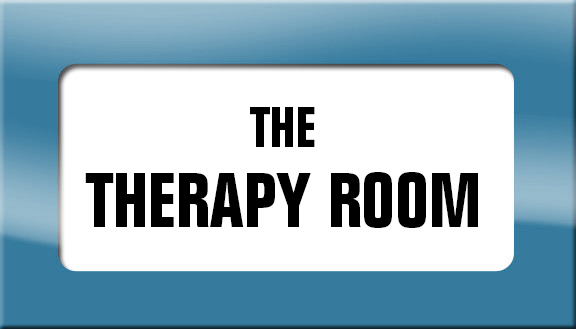By Julia Breur, Ph.D., LMFT
Hoarding disorder is defined by the Diagnostic Statistical Manual of Mental Disorders (DSM-5) as the persistent difficulty discarding or parting with possessions, regardless of their actual value.
Hoarding was considered a form of obsessive-compulsive disorder (OCD) until recently when the American Psychiatric Association recognized hoarding as its own disorder.
This disorder affects both males and females, but epidemiological studies report a significantly greater prevalence among males. This contrasts with clinical samples, which are predominantly female. Hoarding symptoms appear to be almost three times more prevalent in older adults, ages 55-94 years compared with younger adults ages 34-44 years.
Difficulty and distress comes into a hoarding individual’s world when there is a need to discard possessions or the accumulation of possessions that congest and clutter living areas and compromise their intended use. These individuals may not see their hoarding behavior and their collected items as a problem, making any treatment challenging. Hoarding is also known to cause depression, anxiety, anger and resentment among a hoarding individual’s family members.
Compulsive buying, the compulsive acquisition of free items and even the compulsive search for perfect or unique items is part of hoarding. Individuals with this disorder believe that an item will be useful or valuable in the future, has sentimental value, is unique and irreplaceable, or is too big a bargain to throw away. They may also consider an item a reminder that will jog their memory, thinking that without it they won’t remember an important person or event. Sometimes they can’t decide where something belongs and think it’s better just to keep it. Hoarded items usually include paper products, such as newspapers, magazines, boxes and photographs, along with grocery items, food and clothing. Some individuals also hoard animals.
Hoarding is very different than collecting. In general, collectors have a sense of pride about their possessions and they experience joy in displaying and talking about them. They usually keep their collection organized, feel satisfaction when adding to it, and budget their time and money. Those who hoard usually experience embarrassment about their possessions and feel uncomfortable when others see them. They have clutter, often at the expense of livable space, feel sad or ashamed after acquiring additional items, and they are often in debt.
Many individuals live with broken appliances and without proper air ventilation and other living conditions of comfort. They cope with malfunctioning systems rather than allow a qualified person into their home to fix a problem. Unlivable conditions that are a result of hoarding are known to lead to divorce, eviction, loss of child custody and serious financial issues.
To assist in the recovery of a person who hoards, engage with care and compassion. Point out the risks and safety concerns, such as fire hazards, and slipping and falling potentials, versus accenting blame and shame. Develop a small step by small step strategy and, as key milestones are achieved, encourage and point out accomplishments being made. Many hoarding individuals have organizational challenges and you can help by enhancing concrete skills such as use of a calendar, time management and setting goals. Hoarding information, resources and support for families, friends, spouses and the hoarding individual can be found at childrenofhoarders.org.
A&E’s television show, Hoarders and TLC’s television series Hoarding: Buried Alive have brought this disorder into greater public awareness and discussion. Physicians, researchers and psychotherapists continue to develop new and effective hoarding treatment plans and, with an active and flexible support system in place, change is possible.
Dr. Julia Breur is a Licensed Marriage and Family Therapist with a private clinical psychotherapy practice in Boca Raton, FL. For more information, visit www.drjuliabreur.com.







